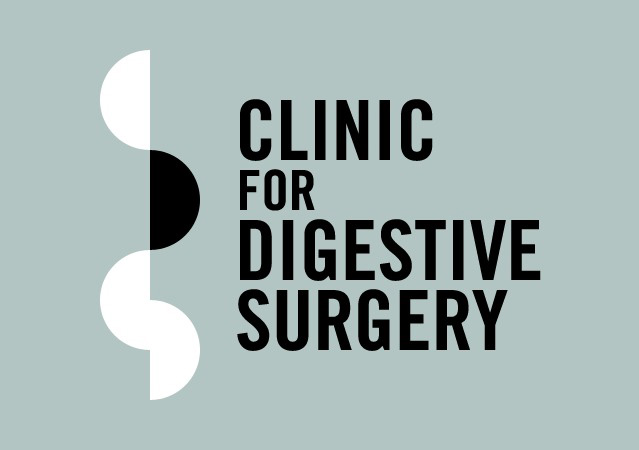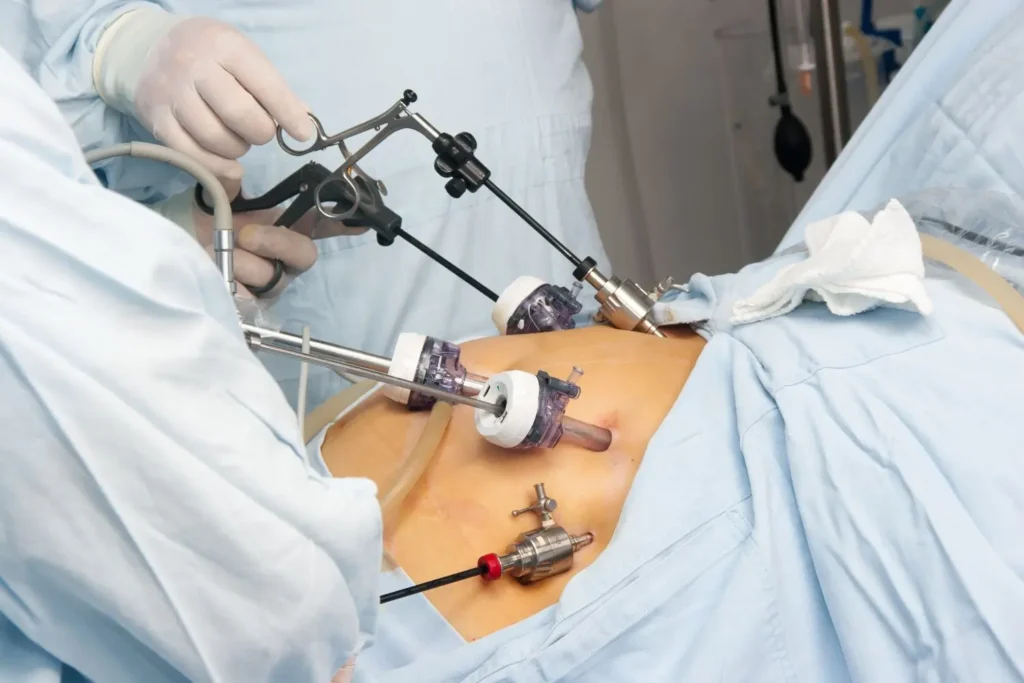Hearing that you might need surgery can feel overwhelming. If you’ve been dealing with conditions like colorectal cancer, polyps, diverticulitis, or inflammatory bowel disease (IBD), your doctor might mention colorectal surgery as a possible treatment. But how do you know if it’s the right path for you?
1. When Is Colorectal Surgery Recommended?
Colorectal surgery is suggested when other treatments haven’t provided relief or when a condition poses serious risks. Some common reasons include:
- Colorectal cancer: Removing the affected part of the colon or rectum can be life-saving.
- Large or suspicious polyps: If a polyp can’t be removed during a colonoscopy, surgery may be advised.
- Diverticulitis complications: Recurring infections or abscesses may indicate that a portion of the colon needs to be removed.
- IBD (such as Crohn’s disease or ulcerative colitis): When medication is no longer effective, surgery may sometimes provide lasting relief.
Your specialist will weigh up many factors including the severity of your condition, your general health, and how much your daily life is affected.
2. What Are the Benefits?
Colorectal surgery isn’t just about removing diseased tissue. For many, it’s about improving quality of life. Many people report experiencing an improvement in their condition, with a reduction in symptoms such as pain, bleeding, and bowel issues.
In cases of cancer, surgery may form part of a treatment plan aimed at removing the cancer and preventing it from spreading.
3. Are There Alternatives?
Depending on your diagnosis, alternatives like medication, dietary changes, or less invasive procedures may be available. It’s important to have an open discussion with your surgeon about all your options, including the risks and benefits of waiting versus acting now.
Remember, surgery is rarely suggested as a first step. It’s usually considered when other methods haven’t worked, or when your health is at risk.
4. Making the Decision
Deciding whether to proceed with colorectal surgery is personal. It’s not just about what’s happening inside your body, but how it’s affecting your life, your comfort, your confidence, and your day-to-day activities.
The Takeaway
Colorectal surgery can feel like a big decision, but understanding why it’s recommended and what it might achieve can help you feel more prepared. Whether you’re exploring options for a chronic condition or facing an urgent health concern, the key is to stay informed and work closely with your care team.
If you’re considering colorectal surgery, book a consultation with Digestive. We’re here to guide you through your choices and help you decide what’s right for you.










